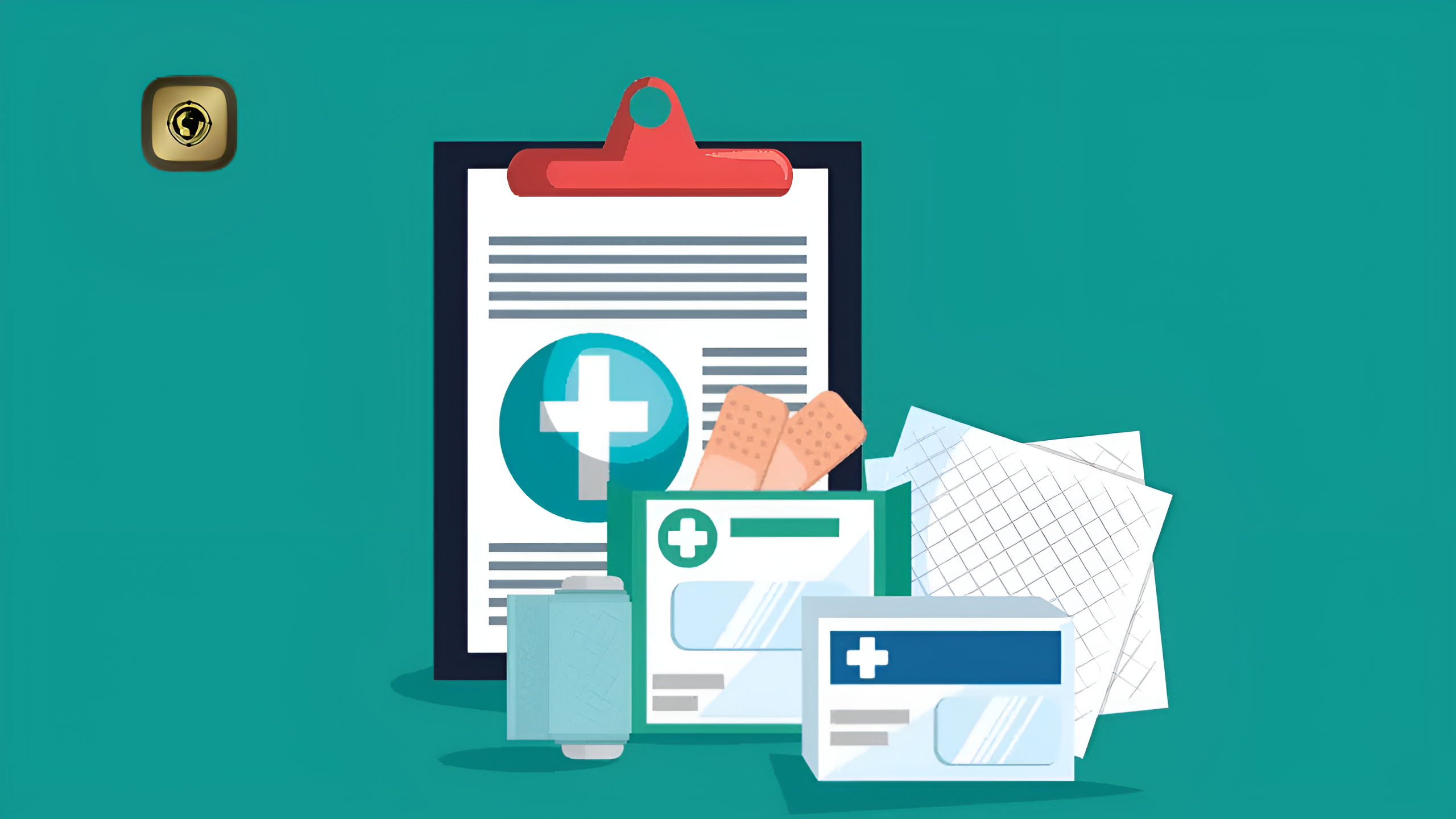April 3, 2025
Understanding Section 80D: Tax Benefits on Health Insurance in India
Healthcare in India remains an expensive affair, making health insurance an essential financial safeguard against medical emergencies. Apart from providing security, health insurance also offers tax benefits under Section 80D of the Indian Income Tax Act, 1961.
Case Study: Mr. Ahluwalia’s Dilemma
Mr. Ahluwalia, aged 35, purchased health insurance for himself, his wife (35), his child (5), and his parents (aged 65 and 67). At the end of the financial year, his friend sought assistance in completing the ITR form to claim a tax deduction for health insurance payments. This raised several questions: What is Section 80D? Why is it necessary to claim tax deductions for medical insurance premiums?
Like Mr. Ahluwalia, many taxpayers need clarity on Section 80D before purchasing a health insurance policy. Additionally, they often wonder if proof is required for claiming deductions and whether medical expenses are covered under Section 80D. Let’s explore these aspects in detail.
What is Section 80D?
Under Section 80D, individuals and Hindu Undivided Families (HUFs) can claim tax deductions on premiums paid for health insurance policies. The deductible amount depends on the insured persons’ age:
- Individuals below 60 years: Up to INR 25,000 for self, spouse, and children.
- Senior citizens (above 60 years): Up to INR 50,000.
- Parents below 60 years: Additional INR 25,000.
- Parents above 60 years: Additional INR 50,000.
- Maximum deduction: INR 1,00,000 when both the taxpayer and parents are senior citizens.
Is Proof Required for 80D?
No specific proof or documentation is required while filing tax returns to claim deductions under Section 80D. However, it is advisable to retain premium payment receipts for verification.
Tax Deductions Permissible Under Section 80D
| Insured Individuals | Deduction Amount |
|---|---|
| Self, spouse, children (below 60) | INR 25,000 |
| Parents (below 60) | INR 25,000 |
| Total (if parents are below 60) | INR 50,000 |
| Self, spouse, children (below 60) | INR 25,000 |
| Parents (above 60) | INR 50,000 |
| Total (if parents are above 60) | INR 75,000 |
| Self, spouse, children (above 60) | INR 50,000 |
| Parents (above 60) | INR 50,000 |
| Total (if all are above 60) | INR 1,00,000 |
| HUF Members | INR 25,000 |
| Non-Resident Individuals | INR 25,000 |
Can Medical Expenses Be Claimed Under 80D?
Yes, medical expenses can be claimed under Section 80D if the individual or their dependent parents are senior citizens (aged 60 or above) and do not hold an active health insurance policy. The maximum claimable deduction for such expenses is INR 50,000 per financial year. Payments must be made via valid channels such as digital banking, net banking, or card transactions (cash payments are not eligible).
Exclusions Under Section 80D
- Health insurance premiums paid for siblings, working children, or grandparents do not qualify for tax benefits.
- Payments made in cash for purchasing health insurance are not eligible for deductions.
- Group health insurance policies provided by employers do not qualify. However, additional top-up plans purchased personally are eligible for deductions.
Difference Between Section 80C and Section 80D
- Section 80C provides deductions for investments and savings, such as life insurance premiums, PPF, EPF, home loan principal repayment, etc.
- Section 80D focuses on health insurance premiums and medical expenses, provided the payments are made via online banking, debit/credit cards, or cheques.
Frequently Asked Questions (FAQs)
- Can I claim 80D without proof?
No. While no documentation is required at the time of filing, valid receipts or documents must be available for verification. - What documents are required for 80D medical expenditure?
Receipts for health insurance premium payments, policy details, and medical bills (for senior citizens without health insurance) are necessary. - What proof is required for a preventive health checkup?
Receipts or invoices from authorized medical providers must be submitted as proof of payment. - Is proof required for claiming medical expenses under Section 80DD?
Yes, medical certificates, hospital bills, or receipts are required to claim deductions for medical expenses related to a dependent’s disability.
Final Thoughts
Health insurance serves as both a financial safety net and a tax-saving tool under Section 80D. Understanding these benefits can help taxpayers optimize their savings while ensuring medical security for themselves and their families.
Standard Terms and Conditions apply. Insurance is the subject matter of solicitation. Please review the policy wording carefully before making a purchase decision.



Leave A Comment